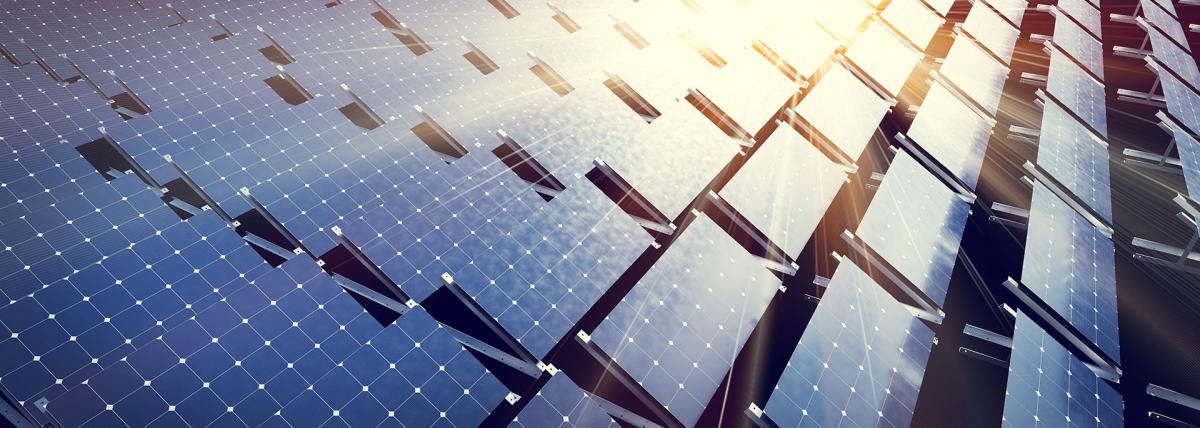
Grades:
6th Grade, 7th Grade
In this part one of two lessons, students will test the pull force of a RC car on three different surfaces. Students will learn about friction in a hands-on activity and practice calculating the mean








